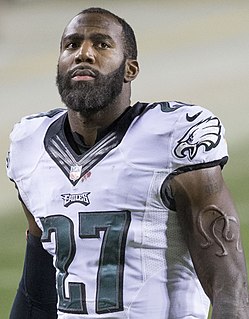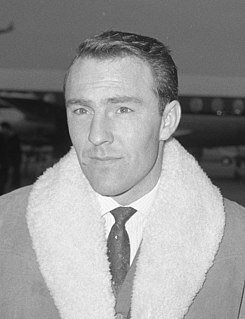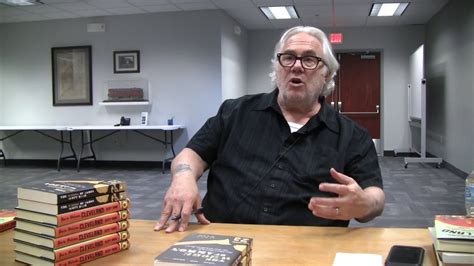A Quote by Winona LaDuke
Eliminating some 3600 post offices - mostly rural - will save the USPS less than seven tenths of one percent of their operating budget, but nationally, a number of tribal communities will be hit.
Quote Topics
Related Quotes
I think we have not done a good job of explaining to people in rural America what is actually happening, number one. And, number two, we're not expressing appreciation and acknowledging the contribution that rural America makes. Where does your food come from? Where does the water come from? Where does the energy feedstock come from? It all comes from rural areas. Where does your military come from? Nearly 35 to 40 percent of the military is from 15 percent of America's population living in rural America. It makes a tremendous contribution to this country. It just isn't recognized.
Post office closures in the Dakotas and Minnesota will impact many communities‚ but the White Earth reservation villages‚ and other tribal towns of Squaw Lake‚ Ponemah‚ Brookston in Minnesota‚ and Manderson‚ Wounded Knee and Wakpala (South Dakota) as well as Mandaree in North Dakota will mean hardships for a largely Native community.
Post office closures in the Dakotas and Minnesota will impact many communities, but the White Earth reservation villages, and other tribal towns of Squaw Lake, Ponemah, Brookston in Minnesota, and Manderson, Wounded Knee and Wakpala (South Dakota) as well as Mandaree in North Dakota will mean hardships for a largely Native community.
I'm going to create tremendous jobs. And we're bringing GDP from, really, 1 percent, which is what it is now, and if Hillary Clinton got in, it will be less than zero. But we're bringing it from 1 percent up to 4 percent. And I actually think we can go higher than 4 percent. I think you can go to 5 percent or 6 percent.
If a [democratic] society displays less brilliance than an aristocracy, there will also be less wretchedness; pleasures will be less outrageous and wellbeing will be shared by all; the sciences will be on a smaller scale but ignorance will be less common; opinions will be less vigorous and habits gentler; you will notice more vices and fewer crimes.
People don't understand rural America. Sixteen percent of our population is rural, but 40 percent of our military is rural. I don't believe that's because of a lack of opportunity in rural America. I believe that's because if you grow up in rural America, you know you can't just keep taking from the land. You've got to give something back.



































